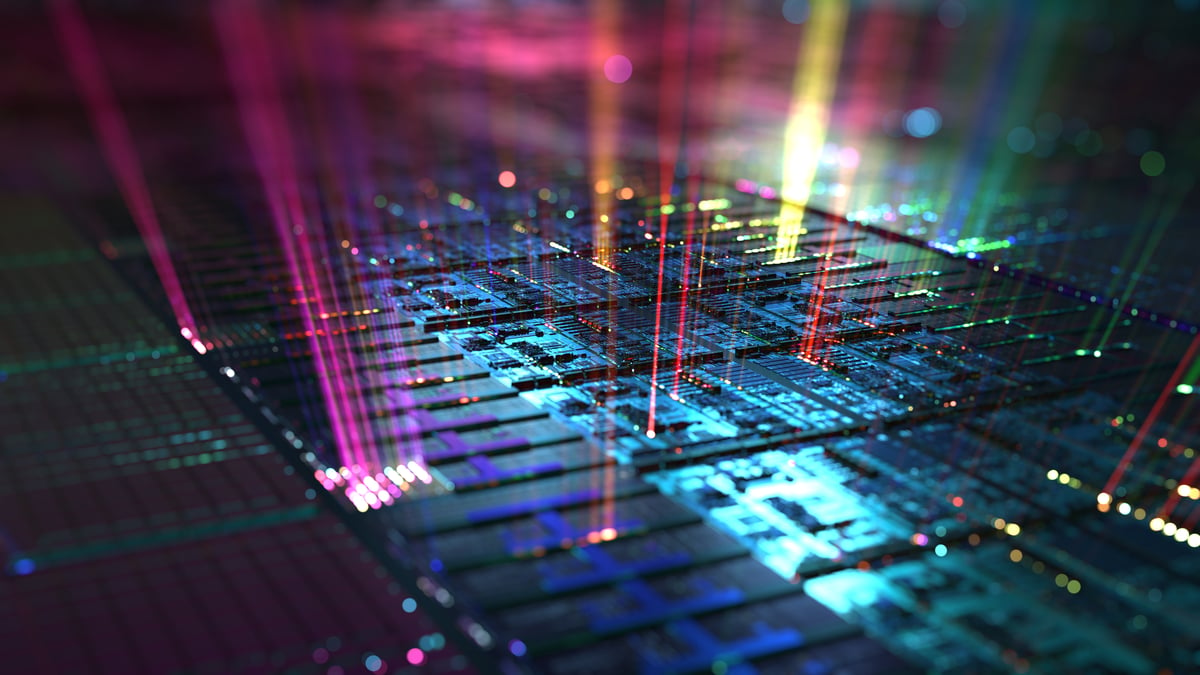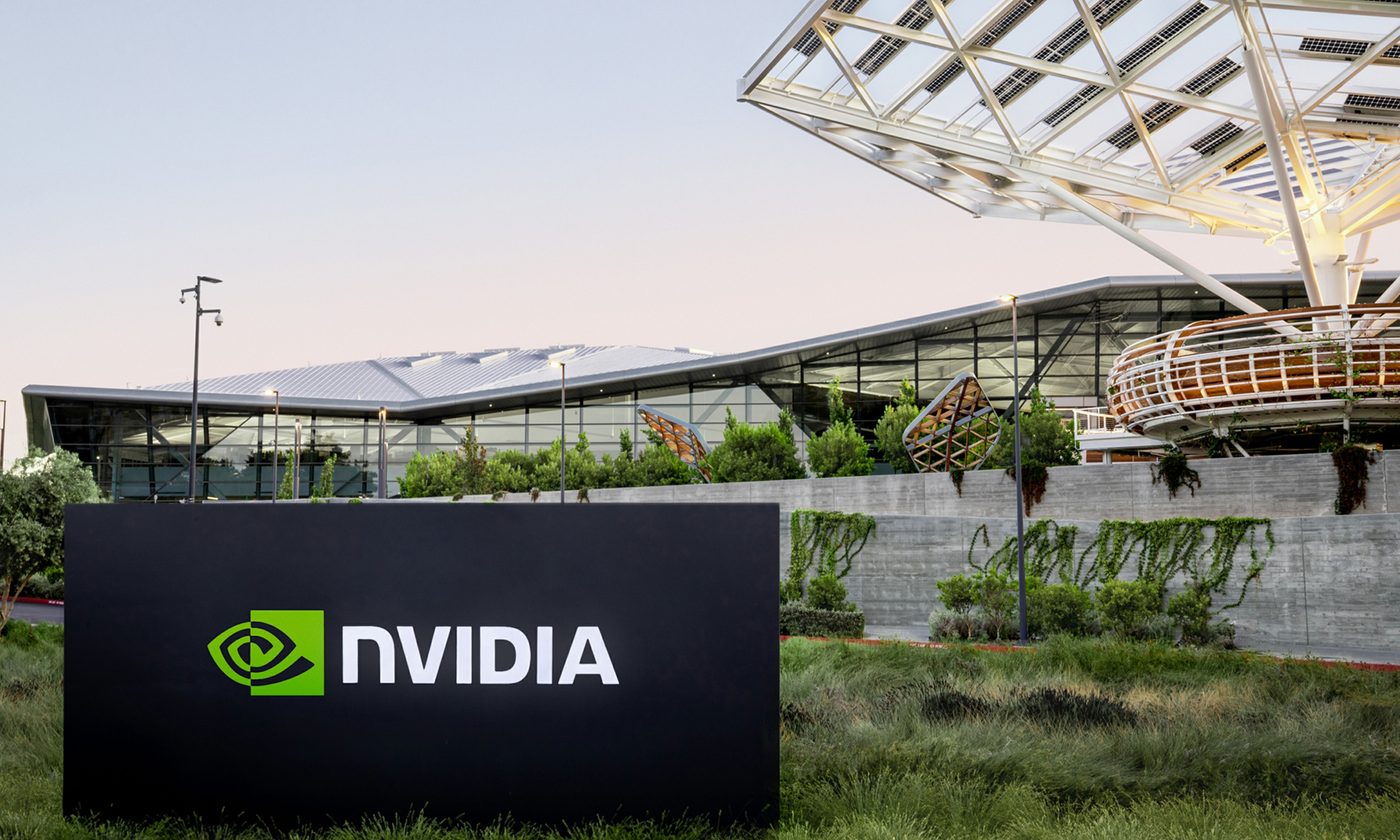Investors looking for growth stocks may be overwhelmed by the number of options available these days. Plenty of companies are cashing in on megatrends like artificial intelligence, spurring growth that investors couldn't have imagined just a few years ago.
But not all high-flying stocks are worth buying and holding for the long term, including some AI stocks that look like winners right now. So, which growth stocks are good options to put $1,000 toward right now and hold for years to come?
I think Nvidia (NVDA 0.29%) and Taiwan Semiconductor (TSM +0.25%) could continue to be big winners. Here's why.

Image source: Getty Images.
Nvidia's processors will likely be in demand for years
Sometimes it's hard to believe that artificial intelligence is just getting started. Most software companies have implemented AI into nearly all aspects of their services, and others are building out massive AI data centers, making it seem like we've already reached the peak of AI demand.
But while it's true that not all AI investments will continue at the same pace, it's also true is that artificial intelligence will always need advanced processors to continue learning and improving. And that's where Nvidia comes in. The company's market share for advanced processors in AI data centers is as high as 95% by some estimates. That lead will not be overcome any time soon.
Even if some spending slows down years from now as companies rely on existing AI infrastructure, large tech companies will likely turn to Nvidia's processors whenever they need to upgrade or improve their competitive advantage. That's why Nvidia's management estimates that between now and 2030, tech companies will invest between up to $4 trillion in new data centers.

NASDAQ: NVDA
Key Data Points
Given Nvidia's massive lead in AI data center processors and the spending that's expected for further AI upgrades and rollouts in the coming years, putting some money toward Nvidia looks smart. Just keep in mind that some of the massive returns the stock has made -- 1,300% over the past three years -- are unlikely to be replicated.
Taiwan Semiconductor is building the AI future
Sticking with the AI theme, Taiwan Semiconductor, also called TSMC, is a unique take on artificial intelligence investing. While Nvidia is a chip designer, TSMC is a semiconductor manufacturer -- and its lead is unparalleled.TSMC makes an estimated 90% of the world's most advanced processors.
Taiwan Semiconductor benefits in a similar way as Nvidia does from AI because they both are the go-to choice for large tech companies. If Meta or Alphabet wants chips made, it's very likely they'll hire TSMC to make them. Similarly, when Nvidia wants its chip designs converted into physical chips, it often hires TSMC. Therefore, no matter who is trying to gain an edge in artificial intelligence, TSMC benefits from AI-related chip demand.

NYSE: TSM
Key Data Points
What's more, Taiwan Semiconductor continues to invest in new and more advanced manufacturing processes that help set it apart from its competitors. Rival chip manufacturer Samsung admitted recently that it's falling behind, with Chairman Jay Y. Lee saying earlier this year, "Our technological edge has been compromised across all our businesses." Meanwhile, a recent investor note about Intel from a Citi analyst noted that, "Intel's foundry is years behind TSMC."
Given the company's competitive advantage, it's not surprising to see that TSMC's management says the company's AI accelerator revenue will double this year. And if the company continues to hold on to its manufacturing lead, Taiwan Semiconductor will continue to be a great place for investors to benefit from AI's growth in the coming years.
It's worth mentioning that Nvidia and Taiwan Semiconductor are unlikely to replicate the same returns they've had over the past several years. Both were perfectly positioned to ride the early wave of the AI boom and, while I think they'll continue to be good investments for years to come, the share price surge from the earliest days of AI will be very hard to reproduce.











